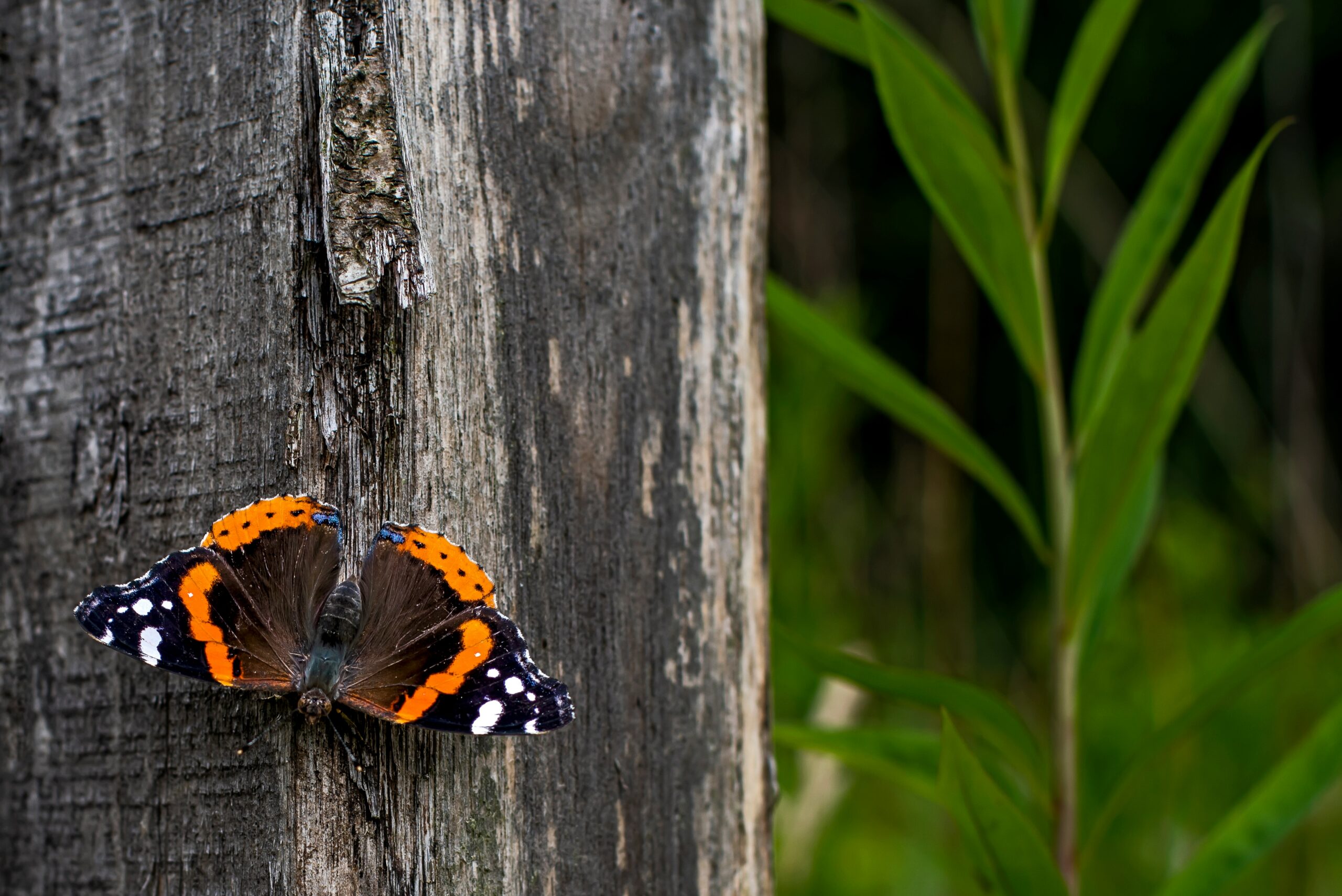News from Population Matters.
-

World Population Day 2025 – WITH OUR PARTNERS, WE ARE PROTECTING NATURE
Today is World Population Day, a day where we reflect on the collective impact of over 8 billion people on the planet. Our growing population and rising consumption are putting the planet under pressure like never before. With wildlife species already going extinct, nature can’t wait for us to take action. We decided to reach…
-

Ocean with David Attenborough: A Wake-Up Call for Our Planet
Despite covering 70% of the Earth’s surface, less than 3% of the world’s oceans are protected, leaving vast areas vulnerable to exploitation. This reality is highlighted in Ocean with David Attenborough, released on 8 June for World Oceans Day.
-

Vanishing Icons: Endangered Species and the Human Impact in 2025
According to the International Union for Conservation of Nature (IUCN), more than 47,000 species are currently threatened with extinction. This number encompasses endangered species many of us have been in…
-

Fragile Futures: Speaking Up for Children’s Lives in a Changing World
This week, Population Matters is in New York, bringing our new Fragile Futures report to the 58th Commission on Population and Development (CPD58). The evidence is clear —child deaths could exceed UN predictions this century, and governments at the meeting have acknowledged that conflict and climate change are straining health systems and greater investment is…
-

Fragile Futures: Current United Nations Data is Hiding the True Scale of Child Mortality
New evidence from Population Matters’ Fragile Futures report reveals a stark truth: child mortality this century will be higher than current projections suggest. This is the first of three articles examining why the current United Nations’ projections are wrong, how it’s impacting the lives of children and what must urgently be done.
-

Empowering Women through Global Partnerships
Global conversations at the Commission on the Status of Women focused on how empowered women shape global sustainability. The work done by grassroots organisations like our worldwide Empower to Plan partners is more essential – and under threat – than ever.
-

The Power of Advocacy: Reproductive Rights in Europe
Across Europe, access to contraception and reproductive rights varies dramatically. While some countries lead with progressive policies, others impose severe restrictions. Advocacy remains the driving force for change. This blog explores the disparities, the challenges and some of the activists fighting for reproductive freedom.
-

The AfD: How it Could reshape German Family Policy and Climate Action
The rise of the AfD in the upcoming German election could have significant implications for family policy and climate change. As the party gains traction, its stance on increasing birth rates, reshaping social policies, and challenging climate action could shape Germany’s future.
-

All Populations Matter: Our new five-year vision
Today, we launch our new strategy – a bold and ambitious vision for the next five years of Population Matters. Designed to drive real change for both people and the planet, it sets out an exciting path forward. Our Chief Executive, Amy Jankiewicz, explains more.
-

Belarus’ Birth Rate: Pronatalist Policies and Demographic Challenges
This blog post examines the demographic challenges in Belarus where President Alexander Lukashenko last month secured a seventh term in an election widely dismissed as neither free nor fair. It explores the government’s emphasis on increasing birth rates, the country’s declining fertility trends and the implications of these policies for women’s autonomy, all within the…

